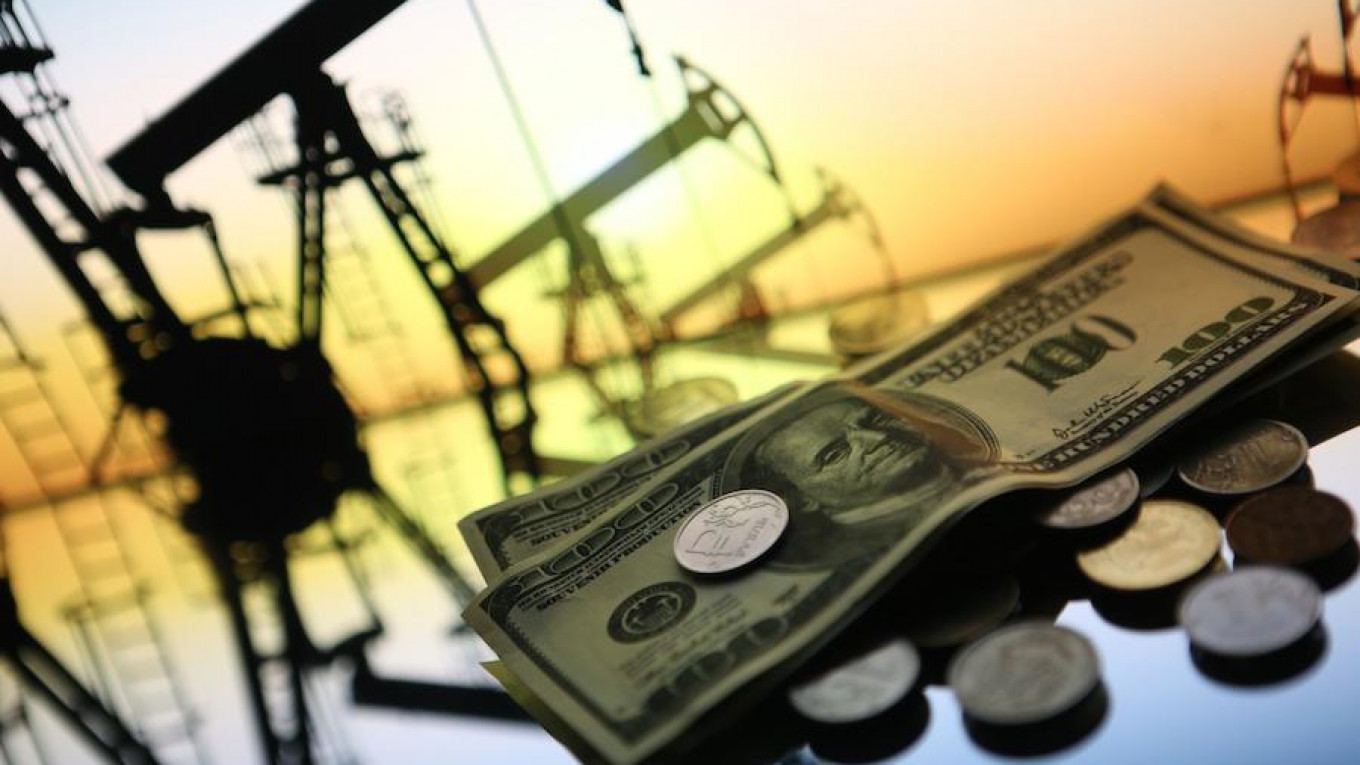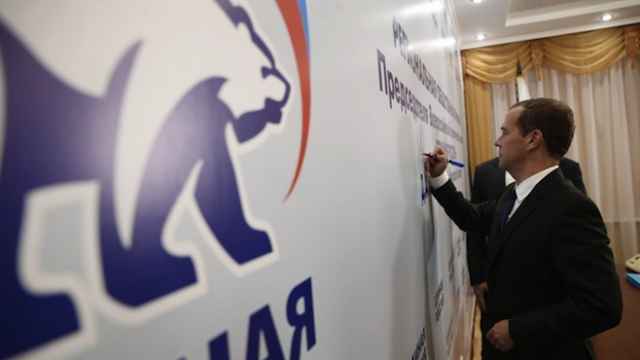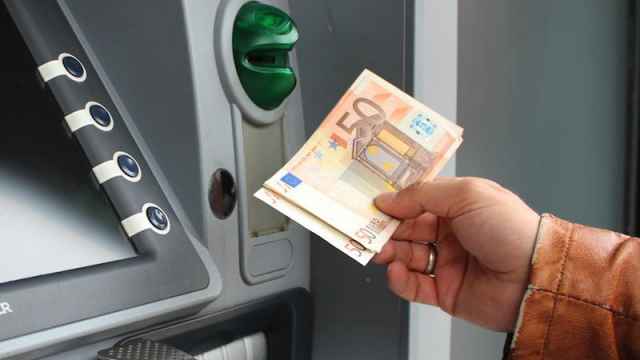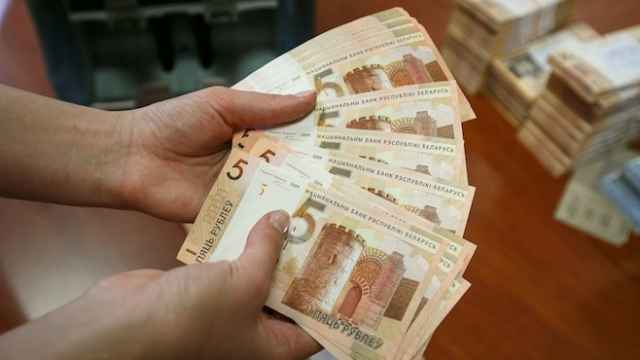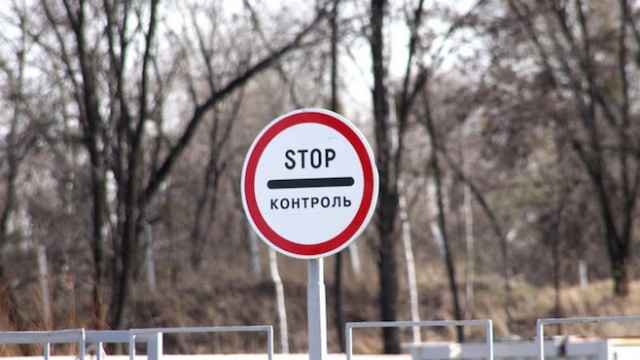First Deputy Prime Minister Igor Shuvalov announced that the rising price of oil has made it possible for “us” to resume buying currency on the market. By “us” he apparently meant the Finance Ministry and, perhaps, the Central Bank. He made the statement in order to reduce the volatility of the ruble as the Finance Ministry, Economic Development Ministry, and Central Bank develop a plan to lower long-term volatility. Of course, Shuvalov’s remarks caused a drop in the value of the ruble.
By 1 pm on Thursday, the euro rate had gained 72 kopeks and the dollar 47, returning the rate to 60 rubles to the dollar – a benchmark of psychological importance to the government and to which, as Finance Minister Anton Siluanov explains, Russian industry is accustomed. However, a short time later, the ruble resumed its growth.
It is not immediately clear why the 60-ruble benchmark is so important for financial authorities.
What is important is that Siluanov, the key economics official, repeated what his colleagues had earlier said – namely, that the additional revenues the country will receive from higher oil prices will be added to reserves. (The budget is based on a price of $40 per barrel for Urals crude, whereas the market price surpassed $52 per barrel this month.) Siluanov had said on the eve of that statement that the Kremlin supported the government’s decision not to spend those extra oil and gas revenues in 2017 until new budget parameters were developed. Given current conditions, it makes good strategic sense to increase reserves rather than expenses.
According to Alexandra Suslina of the Expert Economic Group, there is no point hoping that prices will climb significantly higher or remain high because the global picture has not changed and the economy is in recession. She agreed that it is better to augment reserves than to increase expenses – especially expenses associated with typical election campaign promises of higher benefits and pensions.
This is something of a victory for the “liberals” in the government.
Without any reasons for optimism other than a rise in oil prices and a very illusive hope that the West will lift its sanctions, the government reasons that it will probably need that money it has set aside for a rainy day sooner than later. Forecasts indicate that the current reserve fund will be depleted this year, after which leaders will be forced to draw from the National Welfare Fund.



